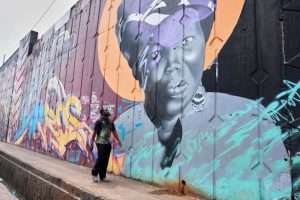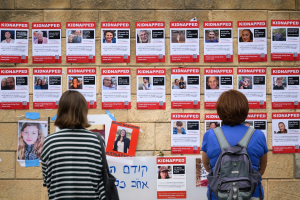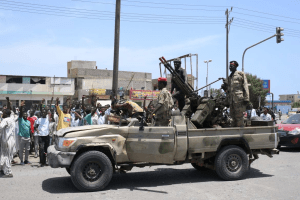How dangerous is social media for women in Sudan?
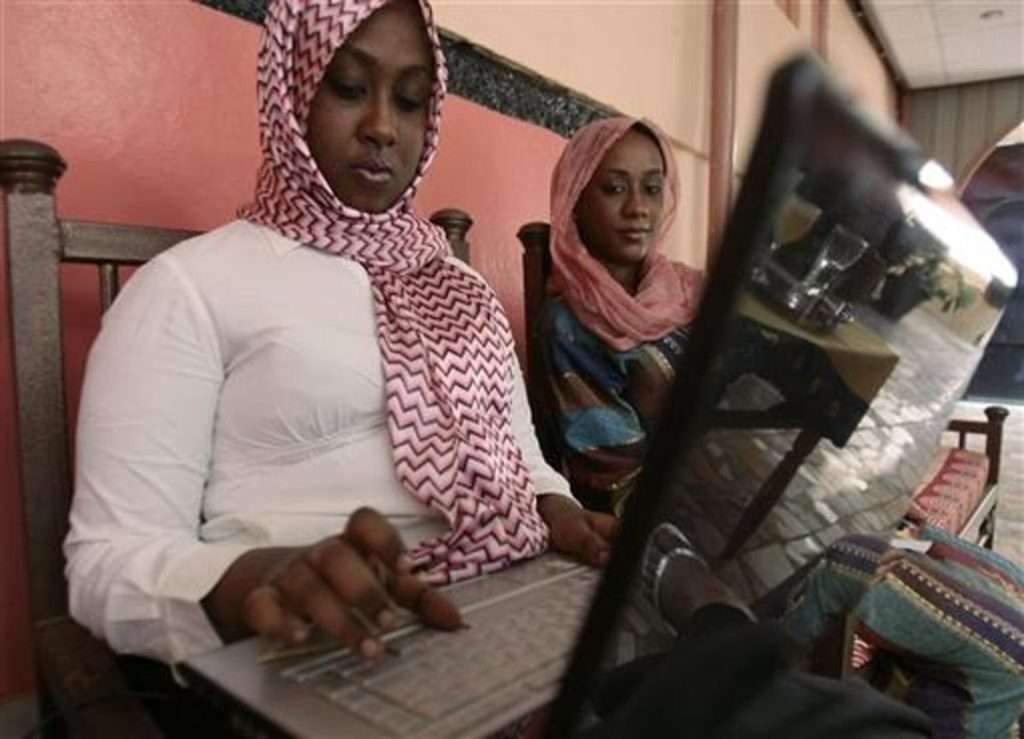
The US has implemented more sanctions on Sudan, Africa News reported on June 29th. The sanctions come after a report published by the New York Times cited anonymous US officials and accused Sudan’s government soldiers of deploying chlorine gas in military operations, known to cause severe respiratory pain and death.
Despite General Abdel Fattah al Burhan, Sudan’s army leader, and his former deputy and Rapid Support Forces (RSF) chief Mohamed Dagalo already being sanctioned by the US, the additional restrictions will block financial assistance, US exports and arms sales to Sudan for at least a year. Humanitarian aid will not be affected.
In a report published by the Feminist Internet Research Network (FIRN) project, authors pointed at Sudan for repeatedly adding layers of grievance against the US, one that the international community must work on ending to protect women and girls. The sanctions imposed by the US could hinder access to American services and products, the study said, noting that all major social media platforms, namely Facebook, X, Instagram and LinkedIn, are US-based organisations.
Although women in Sudan risk severe consequences for accessing the internet, US-based social media platforms have become both a lifeline for activism and a dangerous space – empowering women to speak out while also exposing them to deadly retaliation.
Sudan has long had issues with censorship, privacy and the way data is handled. Sudan’s political and security instability, particularly the 2019 revolution, has especially left Sudanese female activists and journalists subjected to violence on digital platforms. Despite women being prohibited from accessing the internet in Sudan, women and girls face threats in both the digital and physical worlds.
A study by the Digital Arabia Network, a platform dedicated to fostering digital transformation in the Arab world, explored the extent of internet access and digital violence against women in Sudan. The study surveyed 83 Sudanese women of various backgrounds and locations and interviewed 10 experts with backgrounds in gender based violence, activism and journalism. The study also examined the many types of digital violence that occur in Sudan, as well as its causes, negative effects and its impact on the lives of women. Due to their gender, the majority of Sudanese women said they had experienced at least one form of digital abuse. The most common sites for digital violence against women are Facebook and WhatsApp. Unwanted approaches, slander and sexual harassment were the most common types of violence.
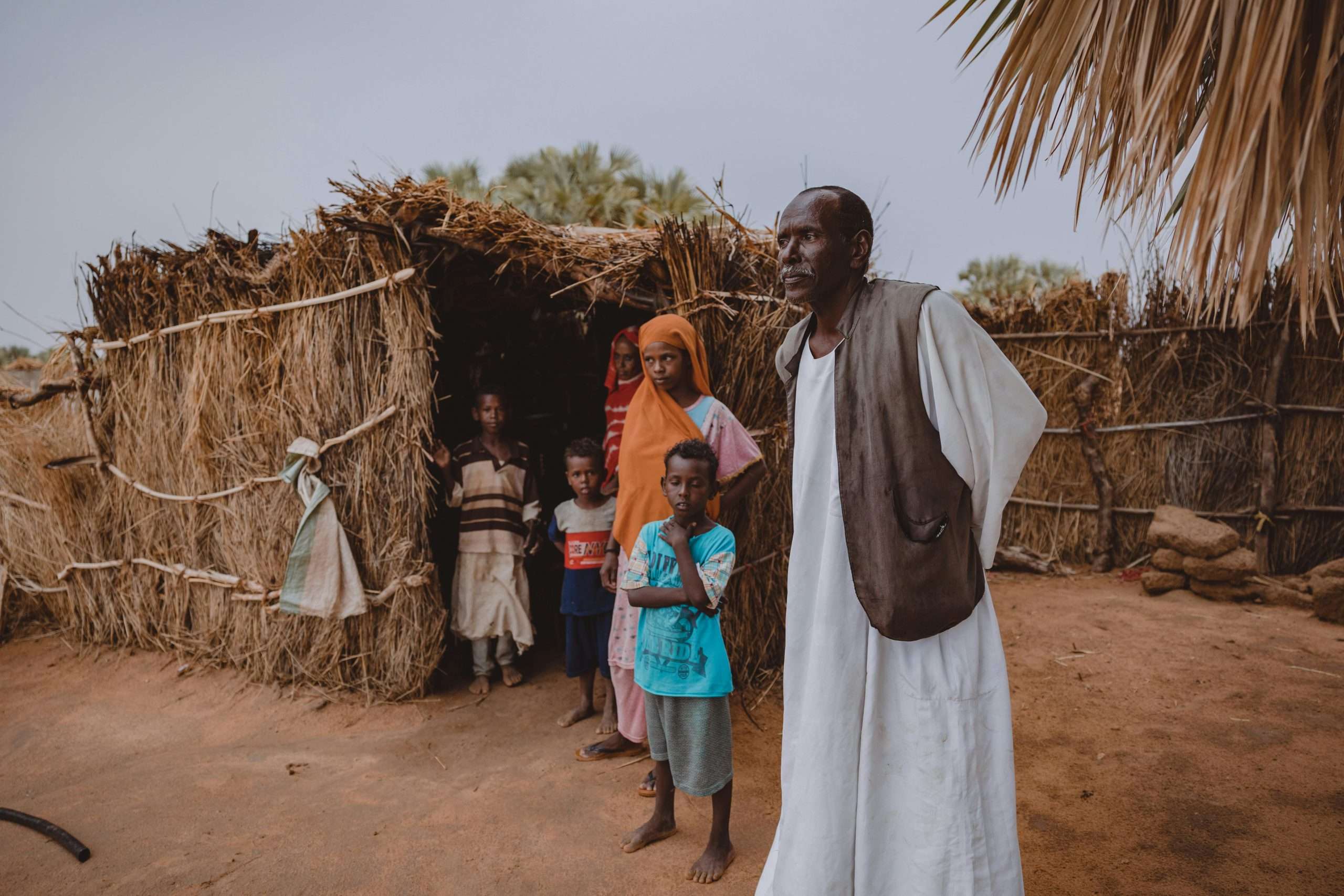
Hiba Omer is a Sudanese feminist and human rights activist who has faced significant online abuse and threats. In 2020, she was targeted with death threats on social media platforms after she publicly condemned sexual violence and harassment in Sudan. Although she reported the threats to the authorities, she received minimal support, and those responsible were not held accountable.
Digital violence against women in Sudan is widespread, largely fuelled by the country’s patriarchal social norms that reinforce gender inequality and discrimination. Women who defy these norms and speak out against injustices are regularly subjected to online attacks used to intimidate and silence them.
Sudan continues to struggle with rising poverty and high unemployment rates, particularly among women and young people. Across all demographics, including age, region or education, males have greater access to employment opportunities than women. In 2024, Sudan ranked among the lowest on the Global Women, Business and the Law index, reflecting the severe legal disadvantages faced by women. In 2022, according to data published by the World Bank, the female labour force represented 19.7% of Sudan’s total labour force.
After researching four Sudanese regions, findings revealed a predominant culture where men control women’s access to the internet. Most participants pointed out that women, regardless of her age, social class, ethnicity, marital status and whether she lives in an urban or rural area, face restrictions imposed by men that limit their digital freedom and access to the internet.
Research conducted by the Feminist Internet Research Network project revealed numerous incidents in the Darfur region where girls were killed by family members for using the internet or owning a mobile phone without approval. Many low income women reported that their earnings were primarily spent on household expenses, while men have the freedom to buy items like smartphones and internet services.
“I have to hide from my husband while using the internet and he doesn’t allow me to block my phone with a security pattern or a fingerprint so he can check it regularly,” one married participant said.
In one particular case in Darfur, a man divorced his wife and then proceeded to burn her to death because he discovered that she had been using the internet without his permission.
Women from Khartoum and Kadugli also recounted incidents of women being killed for using the internet. Across the four locations South Kordofan, North Darfur, Port Sudan and Khartoum, there was a clear pattern of violence – women who engage with digital technology often face threats or harm from their male relatives.
Africa News, Feminist Internet Research Network (FIRN), Digital Arabia Network, Maghrebi.org
Want to chase the pulse of North Africa?
Subscribe to receive our FREE weekly PDF magazine










